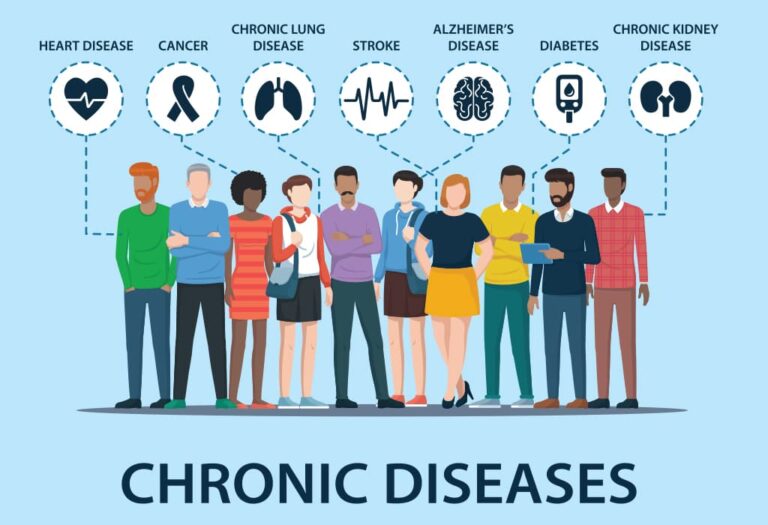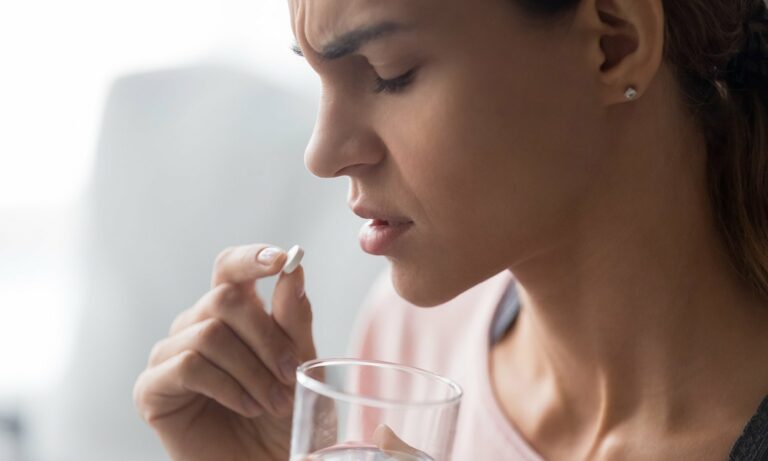Antidepressants: Medication for Depression
Author: Giselle Robel
Giselle Robel
Category: Mental Health
Tags: health, depression, medication, antidepressants
Antidepressant medication is to treat depression, but can be a complicated, and delicate process.
Someone may have a serious medical problem, such as heart disease or liver or kidney disease, that could make some antidepressants unsafe.
The antidepressant could be ineffective for you or the dose, inadequate; there may not have been enough time to see an effect, or the side effects could be too bothersome — leading to a failure of treatment.
As you approach taken antidepressants to treat depression, it is important to keep these points in mind:
- Only about 30% of people with depression goes into full remission after taking their first course of antidepressants. Those who got better were more likely to be taking slightly higher doses for longer periods.
- Some antidepressants work better for certain individuals than others. It’s not uncommon to try different depression medicines during treatment.
- Some people need more than one medicine for depression treatment.
- Antidepressants carry a boxed warning about increased risk compared to placebo for suicidal thinking and behavior in children, adolescents, and young adults.
Working with your doctor, you can weigh the risks and benefits of treatment and optimize the use of medication that best relieves your symptoms.
What is an antidepressant?
Antidepressants, sometimes in combination with psychotherapy, are often the first treatment people get for depression.
If one antidepressant doesn’t work well, you might try another drug of the same class or a different class of depression medicines altogether.
Your doctor might also try changing the dose. In some cases, your doctor might recommend taking more than one medication for your depression.
What are the different types of antidepressants?

Here are the main types of antidepressants along with brand names:
- Selective serotonin reuptake inhibitors (SSRIs) This generation of antidepressants is now the most common class used for depression. Such as:
- Include citalopram (Celexa), escitalopram (Lexapro), paroxetine (Paxil, Pexeva), fluoxetine (Prozac, Sarafem), and sertraline (Zoloft).
- Side effects are generally mild, but can be bothersome in some people.
- They include nausea, stomach upset, sexual problems, fatigue, dizziness, insomnia, weight change, and headaches.
- Serotonin and norepinephrine reuptake inhibitors (SNRIs) are a newer type of antidepressant.
- Tricyclic antidepressants (TCAs) were some of the first medications used to treat depression.
- Examples are amitriptyline (Elavil), desipramine (Norpramin, Pertofrane), doxepin (Adapin, Sinequan), imipramine (Tofranil), nortriptyline (Aventyl, Pamelor), protriptyline (Vivactil), and trimipramine (Surmontil).
- Side effects include stomach upset, dizziness, dry mouth, changes in blood pressure, changes in blood sugar levels, and nausea.
- Monoamine oxidase inhibitors (MAOIs) were among the earliest treatments for depression.
- The MAOIs block an enzyme, monoamine oxidase, that then causes an increase in brain chemicals related to mood, such as serotonin, norepinephrine and dopamine.
- Although MAOIs work well, they’re not prescribed very often because of the risk of serious interactions with some other medications and certain foods.
- Foods that can negatively react with the MAOIs include aged cheese and aged meats.
Other Types of Antidepressants:
- Bupropion (Aplenzin, Wellbutrin) is a unique antidepressant that is thought to affect the brain chemicals norepinephrine and dopamine.
- Side effects are usually mild, including upset stomach, headache, insomnia, and anxiety.
- Bupropion may be less likely to cause sexual side effects than other antidepressants.
- Esketamine (Spravato) is a unique medicine originally developed as an anesthetic and thought to treat depression, though its effects on a brain chemical called glutamate.
- It is administered as a nasal spray and is for use in those who have not responded to treatment with other antidepressants. Its most common side effects include sedation, dissociation (having strange perceptions about time and space, or feeling as if things around you are not real), problems with thinking, and high blood pressure. If any of these side effects occur, they are usually mild and temporary.
- Mirtazapine (Remeron) is also a unique antidepressant that is thought to affect mainly serotonin and norepinephrine through different brain receptors than other medicines.
- It is usually taken at bedtime because it often causes drowsiness.
- Side effects are usually mild and include sleepiness, weight gain, elevated triglycerides, and dizziness.
- Trazodone (Desyrel) is usually taken with food to reduce the chance of stomach upset.
- Other side effects include drowsiness, dizziness, constipation, dry mouth, and blurry vision.
- It is often prescribed to help with sleep.
In addition to that, here are other medicines used with the antidepressants
Coupled with other medicines may be prescribed in addition to antidepressants, particularly in treatment-resistant depression. Furthermore, here are examples of medicines that may be used to intensify as an add-on to antidepressant treatment.
- First there are some several specific a ntipsychotic medications have been shown to enhance the effects of an antidepressant.
- These include aripiprazole (Abilify), brexpiprazole (Rexulti), and quetiapine (Seroquel).
- Symbyax, a combination of the antipsychotic drug olanzapine (Zyprexa) and an SSRI (Prozac, or fluoxetine).
- Second is Lithium carbonate, usually thought of for its mood stabilizing effects in bipolar disorder, has also long been considered a useful add-on treatment to antidepressants for people with major depressive disorder.
- Third stimulant medicines (such as lisdexamfetamine (Vyvanse) or methylphenidate (Ritalin)) are sometimes used “off label” as add-on treatments for some forms of depression.
- Moreover, Buspirone (Buspar), an anti-anxiety medicine, also is sometimes useful for depression when added to an antidepressant drug.
Suggestions on how to benefit the most from depression treatment
- Monitor your mood.
- Monitoring your moods and behavior from time to time.
- Can help your doctor treat your depression before it becomes hard to control.
- Strengthen your social support.
- Although you cannot control your depression diagnosis.
- There are some things you can control.
- Seek or create a positive support system for yourself.
- Stick with the prescribed treatment.
- Antidepressants can take up to eight weeks before they take full effect.
- Don’t skip doses or quit treatment early.
- See a depression expert.
- It’s important to talk with a trained professional during your treatment.
- Develop good habits.
- Take your depression medicine at the same time every day.
- It’s easier to remember if you do it along with another activity such as eating breakfast or getting into bed.
- Don’t ignore side effects.
- Side effects are one of the main reasons that people give up on their medication.
- If you have side effects, talk to your doctor.
- However, keep in mind that side effects might be worse when you first start a medicine. Side effects often ease up over time.
- Let your doctor know if you have other prescribe medicines by another health care professional.
- And some medicines can have important interactions with antidepressant medicines.
- Tell your doctor if you are already taking, or begin taking, any other medicines so they can safely monitor your treatment.
- Never stop taking your depression medicine without your doctor’s permission.
- If you need to stop taking your medicine for some reason, your doctor may want to reduce your dose gradually.
- Don’t assume that you can stop taking your depression medicine when you feel better.
- Talk to your doctor.
- Don't stop on your own. Quitting abruptly can lead to symptoms associated with discontinuing a drug as well as risk for relapse.













